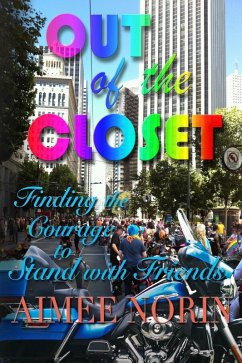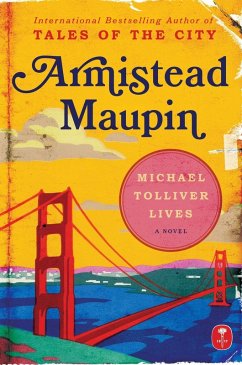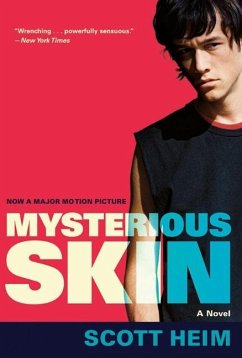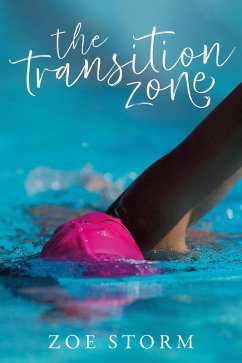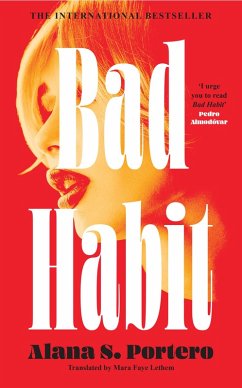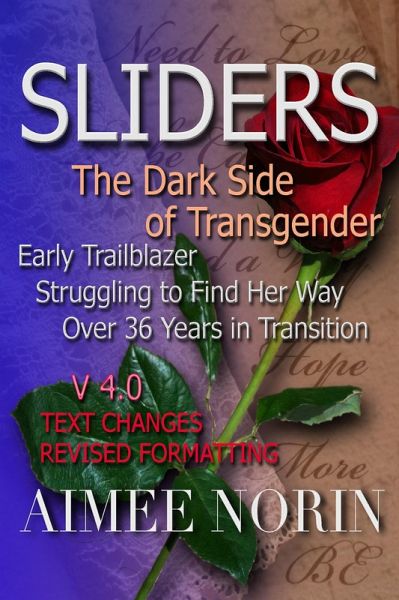
Sliders: The Dark Side of Transgender (Trans People Living, #4) (eBook, ePUB)

PAYBACK Punkte
0 °P sammeln!
Sliders: The Dark Side of Transgender is a novel, a character study, that follows a warm and gentle, highly intelligent, university professor, Regina, through 36 years in transition, seeing her understanding of herself change dramatically through the years as she learns about her own problem with denial, about people who were false to her along the way, about social problems she didn't anticipate, and about realities with which she has lived. Regina's story also serves in some ways as an exposé of hidden truths and practices in both trans living and the trans industry, of things done, of idea...
Sliders: The Dark Side of Transgender is a novel, a character study, that follows a warm and gentle, highly intelligent, university professor, Regina, through 36 years in transition, seeing her understanding of herself change dramatically through the years as she learns about her own problem with denial, about people who were false to her along the way, about social problems she didn't anticipate, and about realities with which she has lived. Regina's story also serves in some ways as an exposé of hidden truths and practices in both trans living and the trans industry, of things done, of ideas that are processed in phases, that are rarely mentioned. Transgenders are portrayed living happier lives in other novels including my own; this, however, is a story of someone who has difficulty working it out. In this novel, as intelligent and altruistic as Regina is-even saintly-she realizes later in life that she has become depressed due to loneliness. Society is, itself, to a great extent, to blame for that, but she has also participated subtly in that dynamic with some of her own issues. As in life, her issues are not finished evolving by the end of the novel, but by the end, she does begin to gain comfort with a compromise in how she may try to be herself yet also blend with society in a way that may gain her more inclusion, greater relief from her loneliness. It must be noted that Regina is also an example of a trailblazer to today's, modern transgender social movement, someone who came before modern times. In her day, exploring through the 1980s the idea of transition, making transition in 1990, there were far fewer who went before, who may have helped, from whom to learn, and society was much less approving. Times were different, and so was the effect on women who transitioned. The term "transgenderist" is used in the beginning because it is set in 1990 when the term was still somewhat in use in Los Angeles. Regina's use of the term evolves with the decades. Sliders is written with the understanding of some who have been in transition for 30 to 40 years, looking back-yet the chapters are from the protagonist's view at the time the events are occurring. Thus, even while staying in transition, she may believe and do things in one chapter, changing her mind completely later on, and then changing her mind again later, as she experiences her life. I write about good people who sometimes say and do things they don't mean, or who, instead, learn how to do what they do better. I think it's the growth process through life that makes them human. If you wonder if Sliders is sensitive, you might read Chapter 1. If you wonder if Sliders is going to be slow because it's a character study, you might read Chapter 2. If you wonder if Sliders is compassionate, you might read Chapter 3.To see Regina advocate strongly for transgenderism, read chapter 14. But if you want to know what Regina really thinks and why she thinks it, you might find it helpful to read the whole novel plus Hate Crimes, a following novel of mine which focuses more on her helping, even altruistic, self. She has a supporting yet very significant role in Hate Crimes, without which I believe her character cannot be known. I would even say she is the heroine of Hate Crimes. An in-depth character study, all areas of the Regina's life are shared explicitly, from language to thought and actions, but the scenes are not gratuitous. They are part of an in-depth examination of her life. No thoughts or actions are avoided or whitewashed, whether negative or positive, including factional arguments represented in the distress she experiences with Lourdes, a supporting character, Section 3. Sliders is meant for mature reading.
Dieser Download kann aus rechtlichen Gründen nur mit Rechnungsadresse in A, B, CY, CZ, D, DK, EW, E, FIN, F, GR, H, IRL, I, LT, L, LR, M, NL, PL, P, R, S, SLO, SK ausgeliefert werden.





